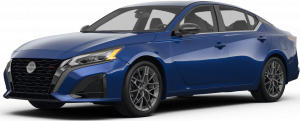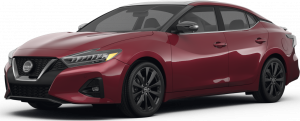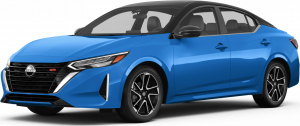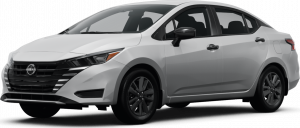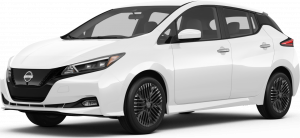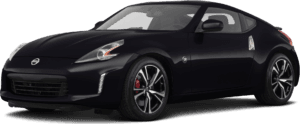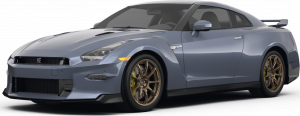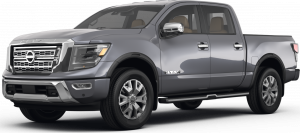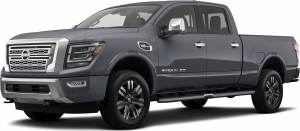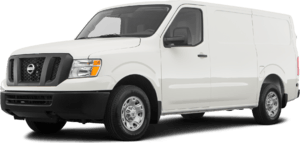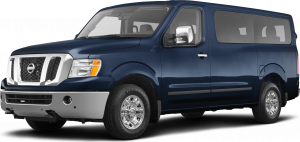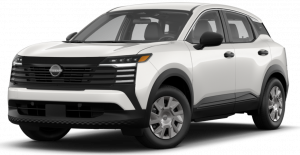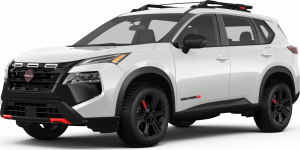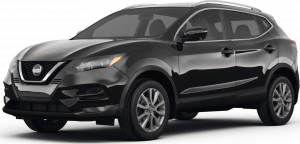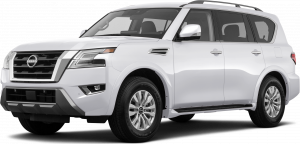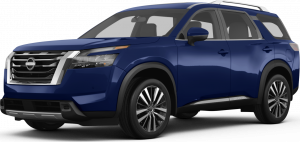07-19-15
How EVs are moving mainstream, by Carlos Ghosn
(July 6, 2015) - In his latest LinkedIn Influencer post, Renault-Nissan Alliance CEO Carlos Ghosn points to encouraging figures for electric vehicles, including the sale of the Alliance's 250,000th EV in early June. Find out why Ghosn believes the EV is establishing itself as the most practical transportation alternative to climate change.
Ghosn:
There's been more good news lately about electric vehicles:
The Renault-Nissan Alliance in June sold its 250,000th EV: a white Renault ZOE sedan purchased by an engineer in Bordeaux, France.
The Alliance's global EV sales were up 15 percent through May, compared with the first five months of 2014. This is despite lower fuel prices in much of the world.
Nissan is joining with a startup company to make EVs even more sustainable, as companies begin to seize the opportunity to reuse EV batteries to lower their building energy costs.
We're seeing enthusiasm, especially among younger fans, for Formula E, the new racing series for all-electric cars.
More automakers are bringing new EVs to market, creating more competition, which is good for the market and good for motorists!
I don't see other automakers as competitors when it comes to zero-emissions vehicles. They're allies. And it is great to see the number of "Alliance allies" growing, as other automakers introduce more affordable EVs to compete with the segment-leading Nissan LEAF.
We reached the 250,000-unit milestone in early June, four-and-a-half years after the LEAF was introduced as the world's first mass-market, zero-emission vehicle. The Alliance today accounts for half of all EVs sold worldwide, and the LEAF remains the best-selling EV ever, with more than 180,000 units sold.
From the start, we set lofty goals for the LEAF. While we fell short of our initial sales targets, I remain bullish on the future of EVs as they move into the mainstream. The trend globally to impose tougher restrictions on automotive CO2 emissions, to mitigate the impact of climate change, means eventually all automakers will need to offer zero-emissions alternatives in their fleets. The most practical alternative today is the EV.
We also are seeing demand grow quickly in places where businesses and governments are joining to expand the charging infrastructure, and as more motorists get the chance to experience an EV.
In fact, computer engineer Yves Nivelle, who bought our 250,000th EV, was spurred in part by an incentive in France that encourages owners of older diesel-engine vehicles to trade them in on a new EV.
"I have to say, I was convinced the first time I drove the car," said Nivelle. "It's a real pleasure to drive and it feels good to do my part for the environment."
That sort of enthusiasm is quite common among our EV owners. Our EVs enjoy among the highest levels of customer satisfaction that we have seen for any vehicle. Operating costs are low, they require less maintenance, and they are fun to drive.
In other recent news, companies are forming to take advantage of re-packaging used EV batteries for other uses. Nissan recently announced it is teaming up with Green Charge Networks, an energy start-up, to reuse LEAF batteries to store energy for commercial and industrial buildings.
After many years of service, car batteries eventually need to be replaced. But they still retain enough charge for lighter chores.
When electricity rates are highest, in the middle of the day, a corporate customer can switch its energy use from the power grid to these re-packaged batteries. Or, even better, it can use the batteries to store unused energy from rooftop solar panels. Some homeowners already are doing this by connecting their solar panels to their EVs, to store the energy in the car's batteries for later use.
Companies including UPS, 7-Eleven and Walgreens are among those that have signed on with Green Charge Networks.
Getting as much life out of the batteries just makes sense for the environment. Now it's generating an economic opportunity, too.
Battery technology continues to improve, as well. In fact, the day is nearing when the typical EV motorists will be able to leave home with a full charge, go about their daily routine, and return home with ample charge remaining in their Nissan LEAF or Renault ZOE.
Later this year, you will hear more about our initial steps to increase the range of our EVs. Our goal is to eliminate "range anxiety" for our customers, as we continue our effort to make zero-emission vehicle a mainstream choice.
Finally, I wanted to share with you my enthusiasm for FIA Formula E, the new racing series that uses all-electric, solar-powered cars. I'm proud to note e.dams-Renault took the team championship in London's Battersea Park last month.
As with other racing series in which manufacturers are involved, the lessons learned on the track eventually benefit the cars we drive every day. We expect that will be no different with Formula E. I'm also encouraged by the fact that so many of Formula E's fans are young, which bodes well for the future of EVs.
A decade ago, many people thought electric cars would never make it, that they were slow, bulky and unattractive - more like a golf cart. That's obviously changed. And with Formula E, we now see that EVs can also be sleek, fast and powerful - while still being good for the environment.
The transformation in thinking about electric cars is complete. EVs are clearly becoming a mainstream choice.
Credit: http://nissannews.com/en-US/nissan/usa/releases/how-evs-are-moving-mainstream-by-carlos-ghosn
